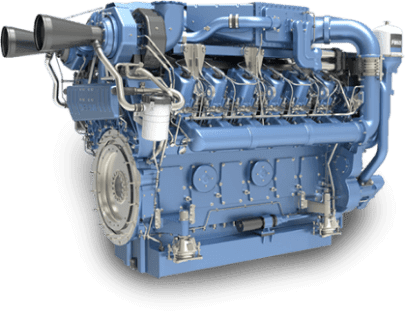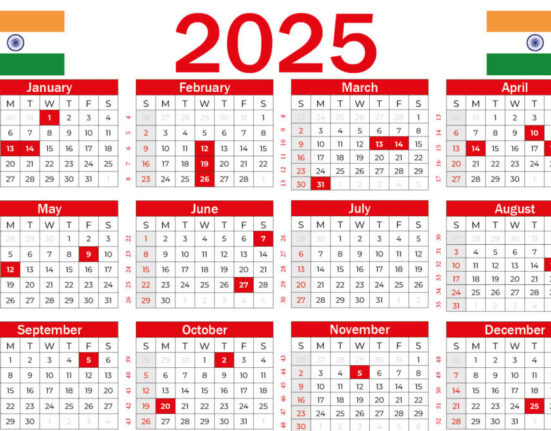Diesel generators are indispensable secondary or emergency power sources. They can provide electrical power in case of power outages, or during natural disasters. The diesel generator was invented by Rudolf Diesel, a German engineer. During his study of thermodynamics, he found that he could make a small, internal combustion engine that could convert all heat into work during the industrial revolution. While the first diesel generators proved to be unreliable, modern diesel generators or DG engines have reliable technology. Here’s how a modern diesel generator works:
A diesel generator converts mechanical energy (produced through internal combustion) into electrical energy. The generator has several components that work in harmony to produce electricity.
The essential components of a diesel generator are:
1) Engine
This is the most important component of a diesel Genset. The engine supplies mechanical energy that is transformed into electrical energy. The power output of an engine is directly proportional to its size.
2) Alternator
This key component of the Genset utilizes the mechanical energy supplied by the engine and converts it into electrical energy. The alternator contains a rotator that produces a magnetic field to generate alternating currents. The rotor is called the main part of the alternator.
3) Fuel System
This component stores and supplies the diesel required by the internal combustion engine to produce mechanical energy.
4) Lubricating System
In order for the working machinery to run smoothly, lubrication is essential. This component ensures the longevity and functioning of the several components of the Genset.
5) Control Panel
This unit includes the kill switch for the generator. The control panel also contains readings of several parameters like current, voltage, and frequency.
The working principle of the DG set is based on the law of energy conversion. The law states that energy can neither be created nor destroyed but can only be transformed from one form to another. The diesel Genset applies this principle to its functioning. The engine converts the chemical energy of the fuel into mechanical energy during the combustion process. The mechanical energy is then converted into electrical energy through the spinning rotor of the alternator into current that powers appliances, or industrial machines during power outages.
Conclusion:
Diesel generators have soaring global demand for industrial and residential purposes. If one is searching for a reliable Genset, one should purchase it from reputed manufacturers for peace of mind. Baudoin is one of the most trusted diesel Genset manufacturers, and their diesel generators are reputed for their reliability and fuel efficiency.






